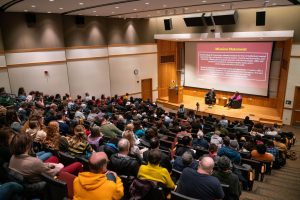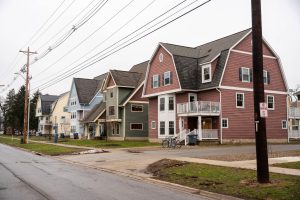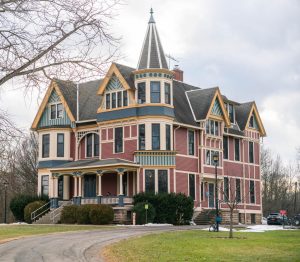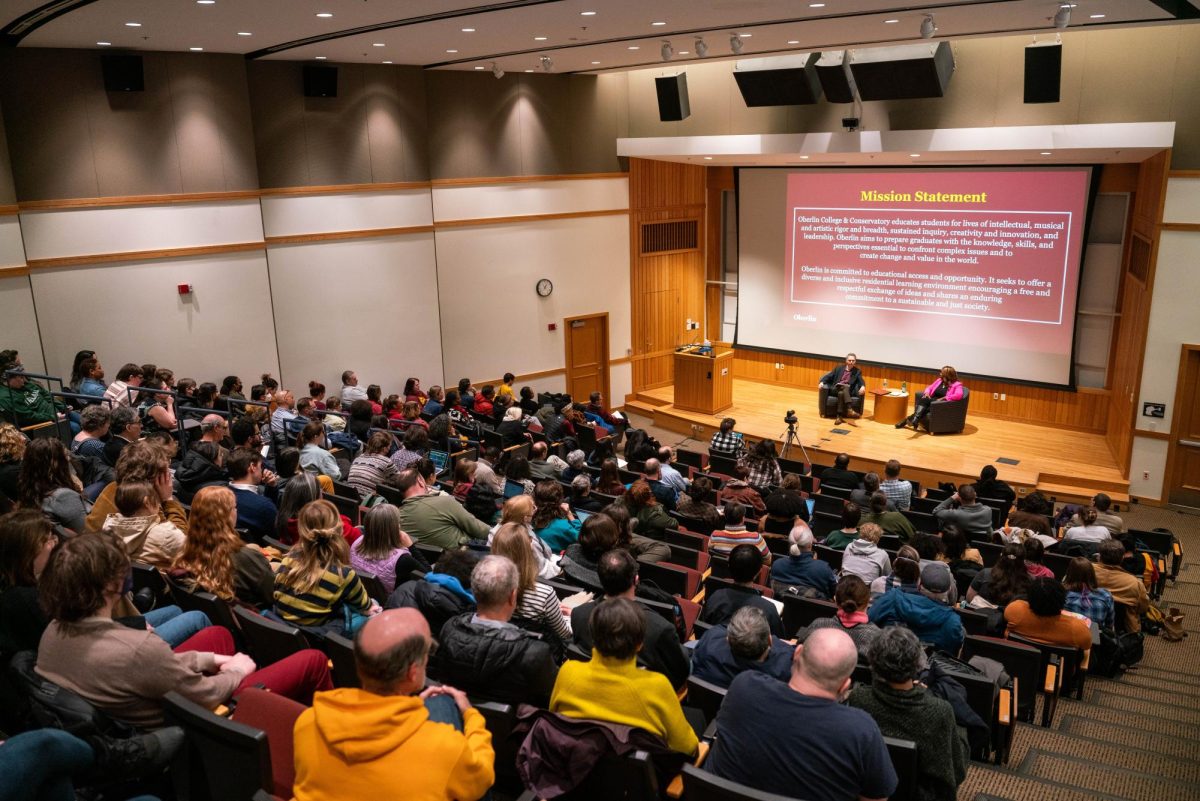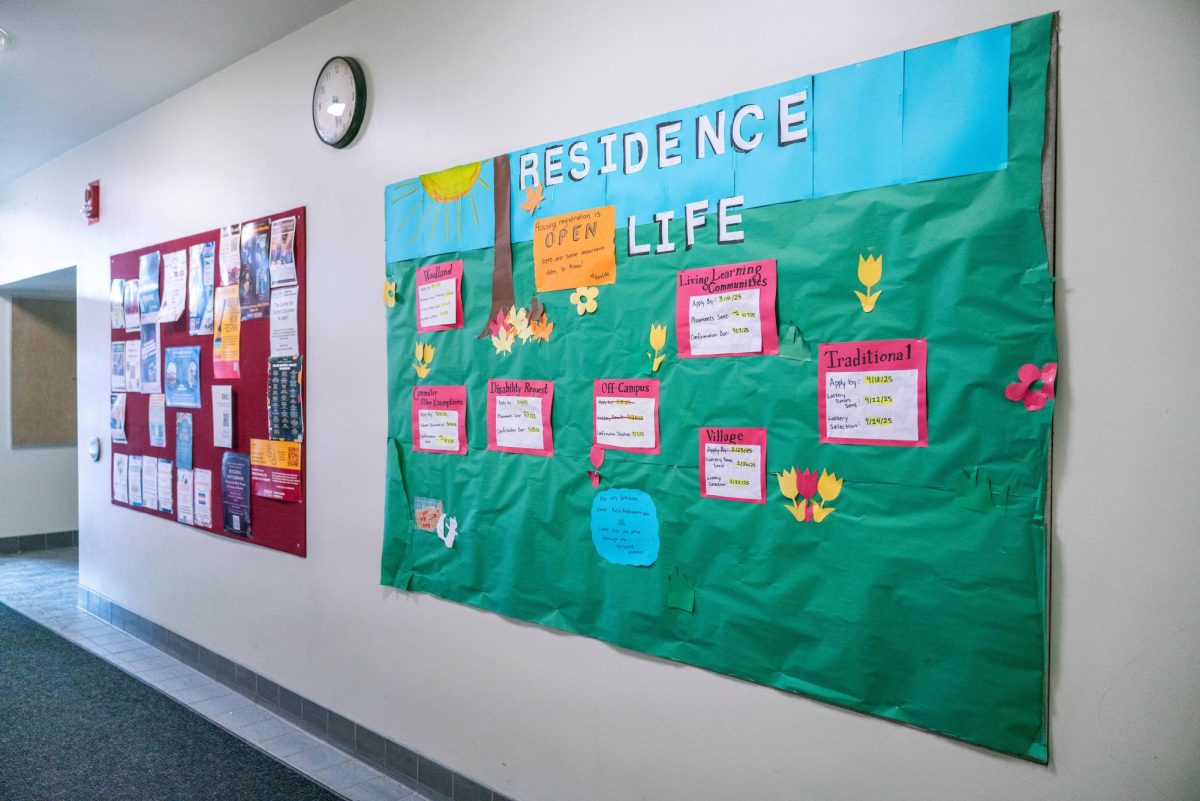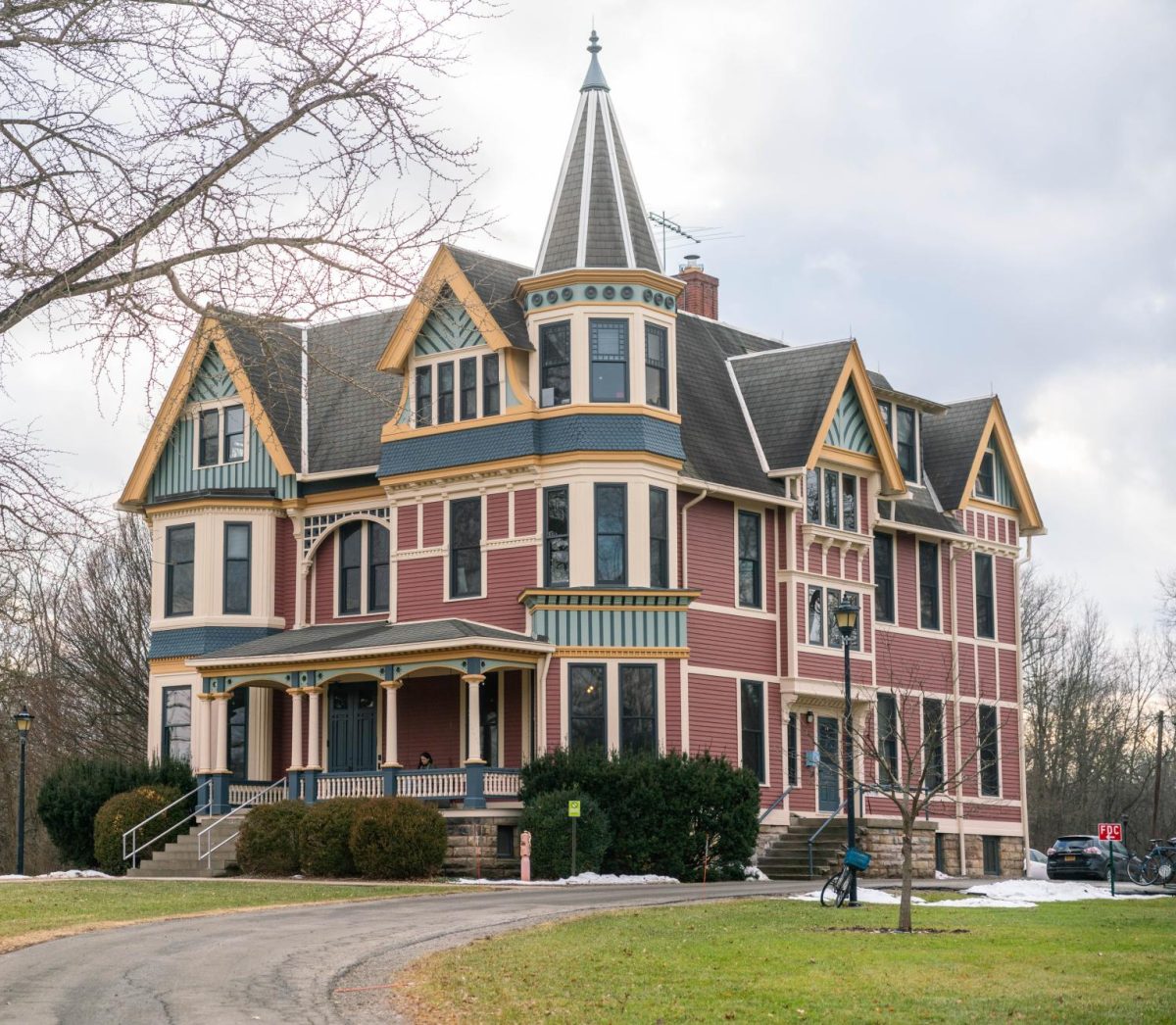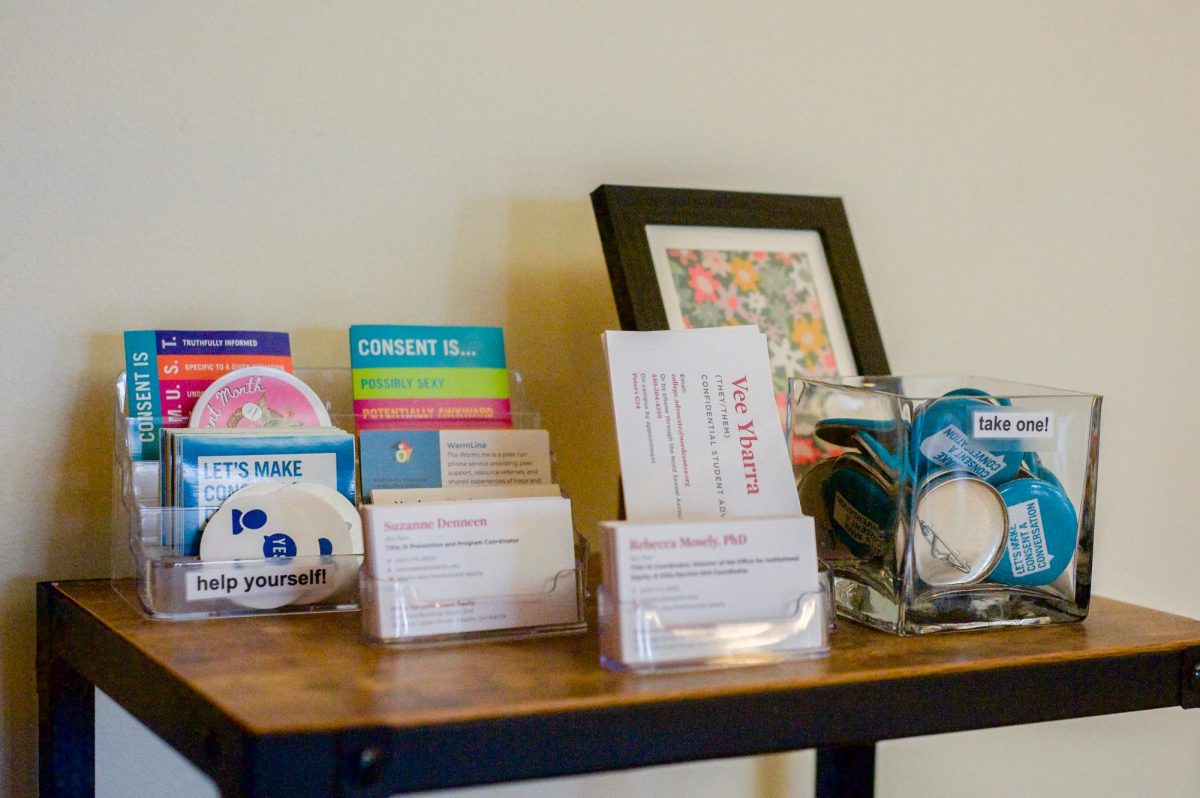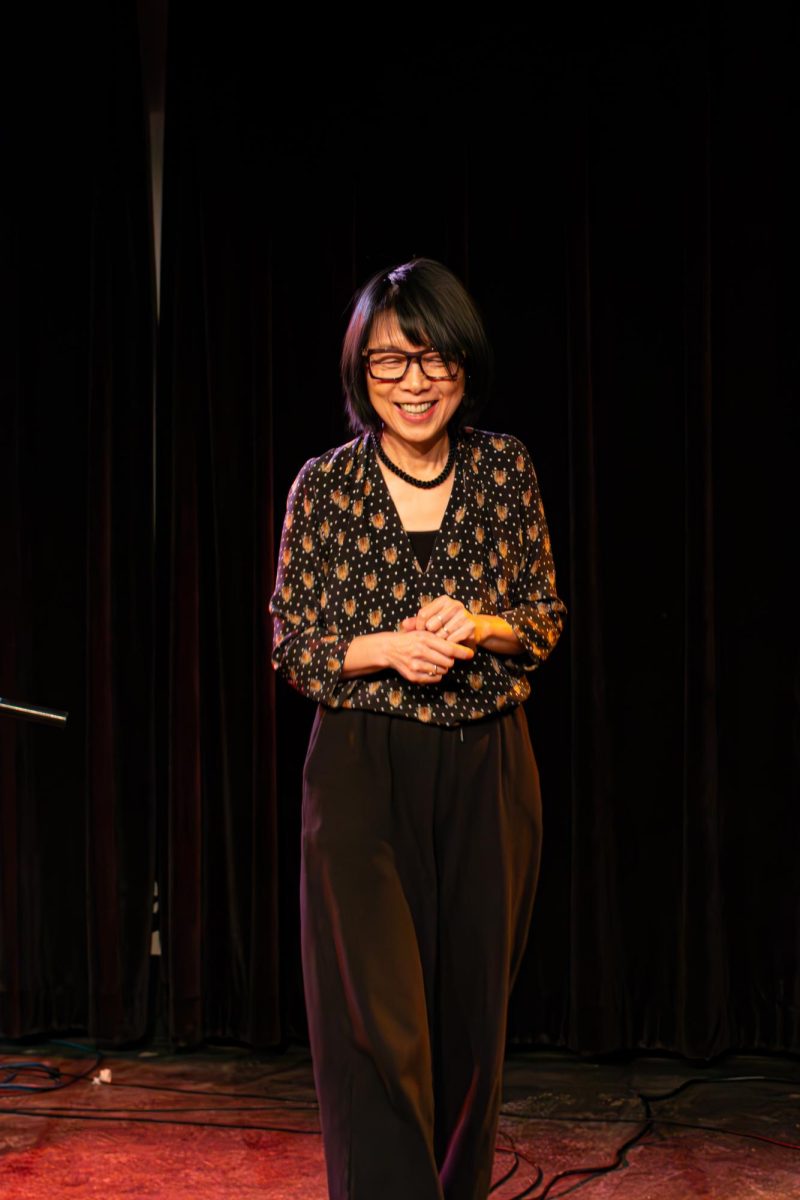OPIRG Ready to Start in New Direction
April 19, 2013
To the Editors:
From April 8 to 10, Oberlin students couldn’t move through Wilder Bowl without hearing, “Hey, have you signed the Ohio PIRG petition?” Then … there was nothing. What happened to the OPIRG petition and why? What does this mean for the group and the school? Permit us, OPIRG’s Board of Directors, to tell our story.
The issue revolves around Oberlin’s Alternative Funding Mechanism, which allows students to fund organizations collectively, as they have done with OPIRG for nearly four decades. The AFM’s transparency has attracted controversy since the 1990s. We joined the debate this semester, after the former OPIRG Board resigned. By then, the Student Finance Committee had voted to replace the AFM, and the Senate was considering the same. We attended weeks of Senate plenaries and meetings, but the proposal kept moving on; after all, the Senate and SFC had worked on it for months before we became involved. The proposal next went to the Student Life Committee to decide if any procedural errors occurred. We met with SLC members, wrote an updated version of the AFM and collected 500 signatures on a petition supporting the AFM. Things went well until we came to the reaffirmation process, which organizations funded under the AFM must do every two years.
We planned to run a two-day petition drive for the reaffirmation, as OPIRG has done for about 37 years. We started off strong, but our returns began to lag. Then we realized something unnerving: There was no limit to the amount of time we could petition. How could we know if the majority of students weren’t interested in funding if we could play until we won?
We were weary of petitioning, uncomfortable that we theoretically couldn’t lose, too reliant on our campus organizer and left in a sticky situation. However, we had spent the entire semester fighting for this, and our decision could doom this decades-old non-profit institution. It was difficult, but we decided to call off the reaffirmation.
OPIRG let Oberlin down by relying on expensive, cookie-cutter activism. So what should its role be now? OPIRG has a high rate of influx every year, but these numbers quickly diminish. These lost volunteers may join other student activist groups, but they just as easily might not get involved at all. We propose to harness our successful recruitment drives to point students in the direction of ac- tivists whose interests align with theirs. Additionally, we will hold our Grassroots Organizing ExCo again, but with a twist. No longer limited to OPIRG students, the class will allow any student interested in grassroots organizing to take advantage of our well-developed methods, and it will welcome lecturers from other community organizations. Finally, this group will bring the Columbus advocate to Oberlin for an “Advocate Forum,” a point of access for all interested groups. This is part of our Community Networking Campaign — a working group of students interested in expanding intergroup relationships.
OPIRG has a mixed history on this campus, but we want to set the past behind us. We consider our duty to be to Oberlin and not the national network. We encourage you to write us with questions and ideas for moving forward. With patience and help, the resources and contacts of this organization can once again benefit Oberlin.
The Board of Directors can be reached at the OPIRG office (Wilder 327) during the posted office hours. Additionally, we can be reached via email: Aaron Appel, Chair, [email protected]; Alex Berger, Secretary, [email protected]; Nolan Scharper, Treasurer, nscharpe@ obelrin.edu; and Christianna Dobrowski, Hunger Cleanup Coordinator, cdobrows@oberlin. edu.
–OPIRG Board of Directors



